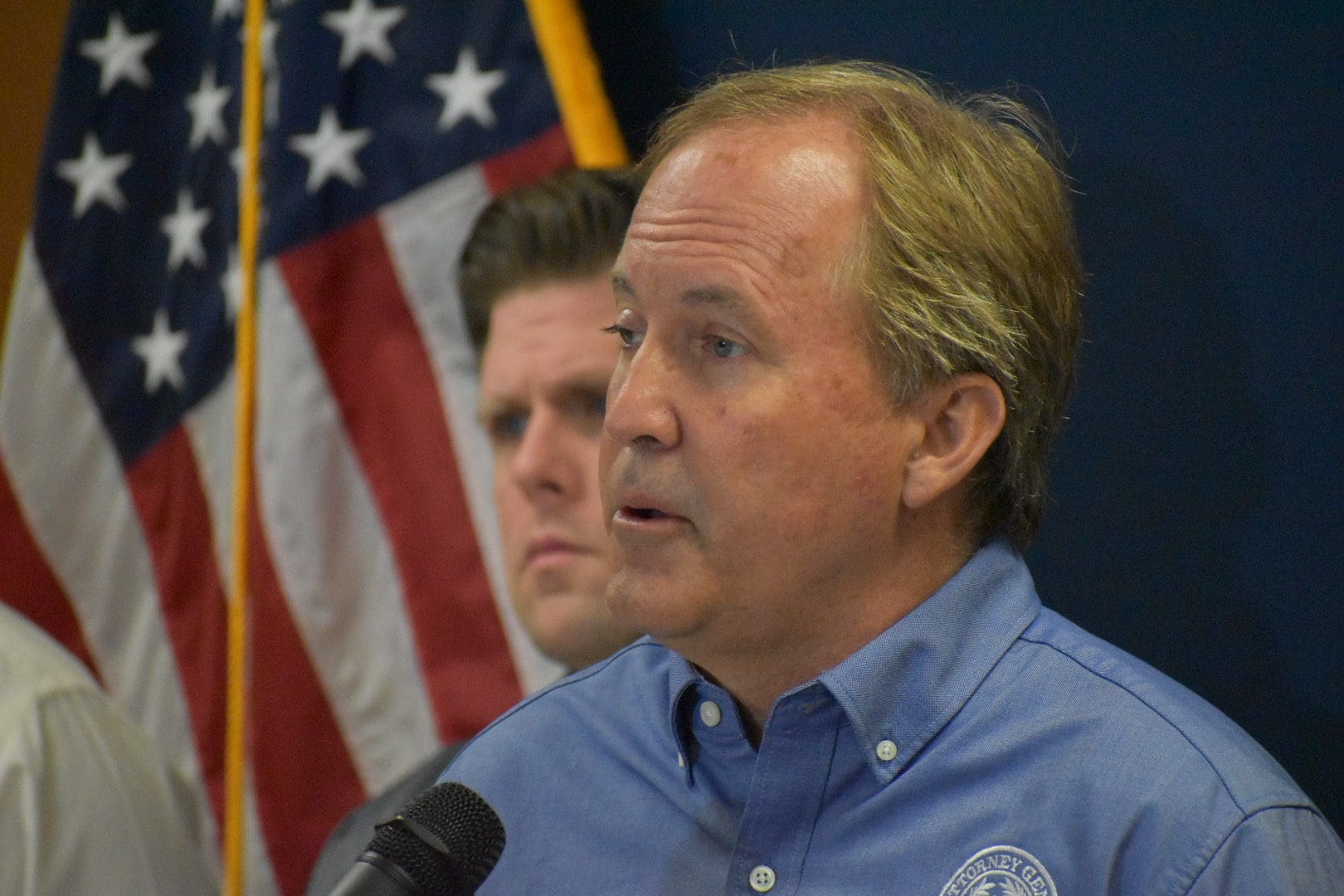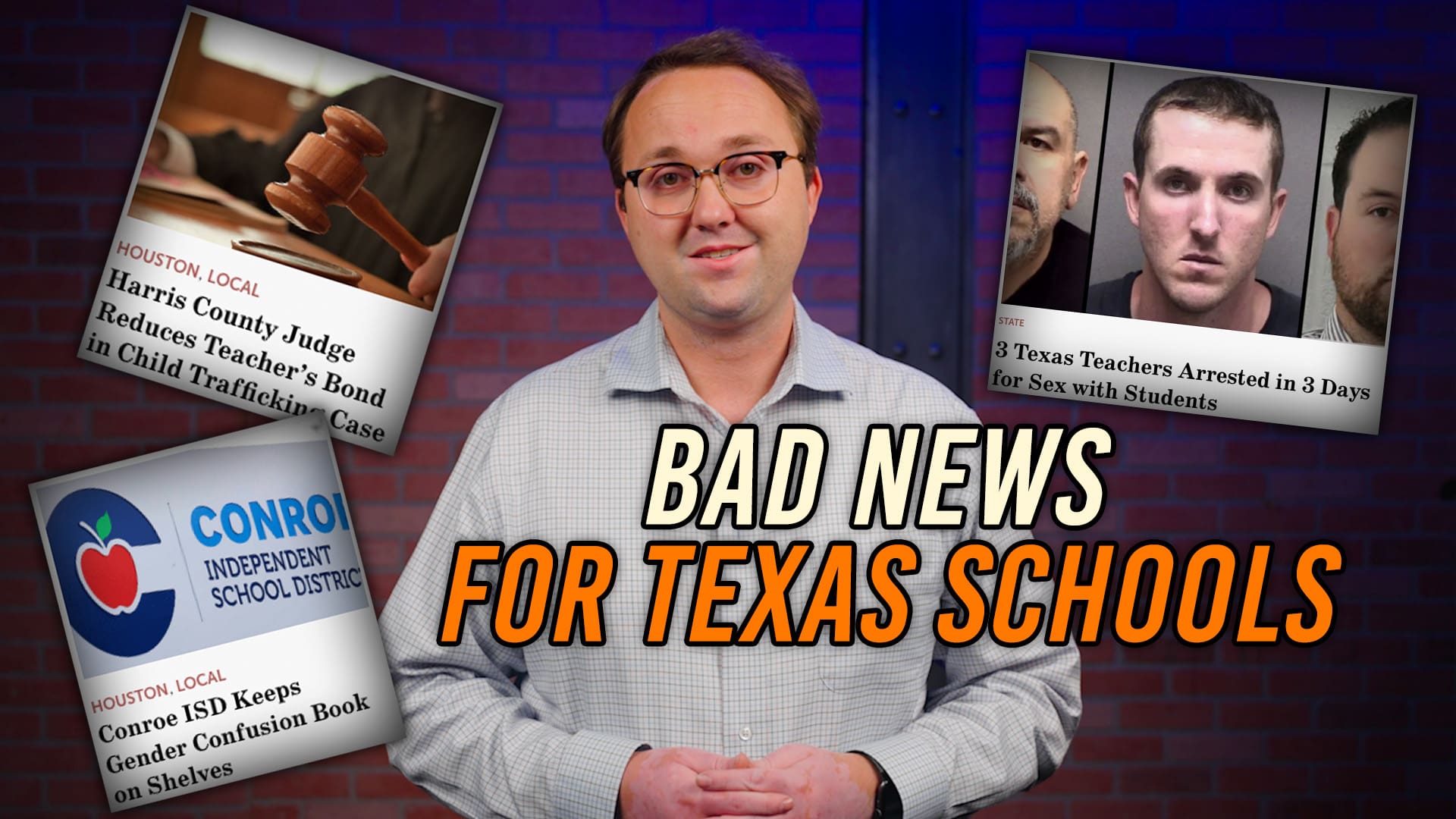With many conservatives calling for the Texas Legislature to pre-empt local ordinances on ridesharing and de-regulate the industry, one company is claiming it likes the regulations, and that the state should do more, not less.
At a hearing of the House Business and Industry Committee, both Uber and Lyft were united in testifying their opposition to local ordinances imposing fingerprinting requirements they say don’t increase passenger safety, but one of their competitors argued in favor of them. The company? GetMe, a relatively new Dallas based company that moved to Austin after it became clear that the city would pass strict ridesharing regulations.
Rather than pre-empt local ordinances, the company issued their support for them. In fact, they even went farther and argued for a state mandate to require ridesharing companies fingerprint their drivers, a measure they believed would increase passenger safety.
“I strongly believe that fingerprinting should be required across the state,” said GetMe CEO Michael Gaubert.
However, such “strong belief” seems to be little more than lip service. After rigorous questioning by State Rep. Matt Rinaldi (R-Irving), the company admitted that they do not currently require fingerprinting for drivers in Dallas or in other cities where it is not legally required.
When questioned about the issue on twitter, GetMe first said that they “cant[sic] fingerprint drivers unless City allows it.” When pressed if they would implement the requirement on their own, they noted they would be bringing the issue to governmental entities in Dallas.
Nothing is prohibiting GetMe from fingerprinting their drivers in Dallas. If the company truly believes that fingerprinting requirements make riders safer, are they knowingly and intentionally providing a less-safe environment for their customers in Dallas as compared to those in Austin?
Probably not.
Much more likely, the company is merely making the claim of “passenger safety” to place a thin veneer over an otherwise obvious attempt to gain market share over its rivals. To that end they have been successful.
GetMe moved to Austin in December— just in time to voice support for the City Council in imposing fingerprint-based background checks on ridesharing companies. The company’s statements that it would comply with whatever regulations were passed by the Council strengthened their argument that other companies were bluffing when they said the regulations would make it impossible for them to compete and force them to leave.
With GetMe undermining Uber and Lyft’s arguments in the public sphere, the city’s liberal political establishment and taxi cartel were successful in passing regulations and ultimately defeating attempts to repeal them.
Operating largely in a vacuum after other ridesharing companies departed Austin, GetMe’s number of drivers quadrupled from merely five hundred to over two thousand after the defeat of Proposition 1 — more than double the number of longtime Austin operator YellowCab. Meanwhile now that Uber and Lyft are gone, the fingerprinting requirement that was “so important to public safety” isn’t even being enforced.
The payoff doesn’t end there, the Austin City Council is considering taxpayer backed loans for “expanding businesses that provide more financial benefits and more job security for TNC drivers.” Under such a definition, eligibility is largely restricted to one company: GetMe.
It seems as GetMe’s time in the spotlight is just beginning. Building on their success in Austin, the willing puppet of the combined cartel of city officials and cab companies is taking its efforts to the Capitol.
Indeed, GetMe’s testimony in support for a statewide pre-emption law not to remove regulations, but to inflict them on other companies is likely due to similar motive to expand. With many riders and drivers decrying the inferior phone app and higher fares of GetMe as compared to its competitors, the company likely could not succeed on a level playing field without needless regulations it has already prepared to navigate.
Knowing this, the company likely made a calculated decision to cozy up to government regulators and carry their water in the hopes that it will slant the regulations in its favor—a risky strategy. More likely than succeeding in gaining a seat at the Taxi Cab Cartel’s table, GetMe will learn that once “useful idiots” are no longer useful —they’re just idiots.
While such a situation would be amusing to observe, conservatives should stop such clear cronyism in its tracks. Arrangements such as this are a symptoms of the greater disease of big, overzealous government for which the cure is conservative reform.





